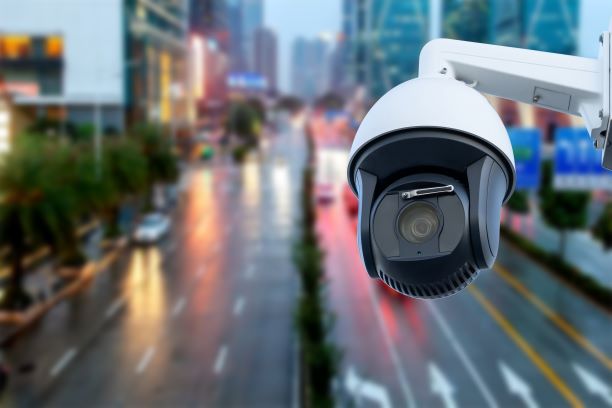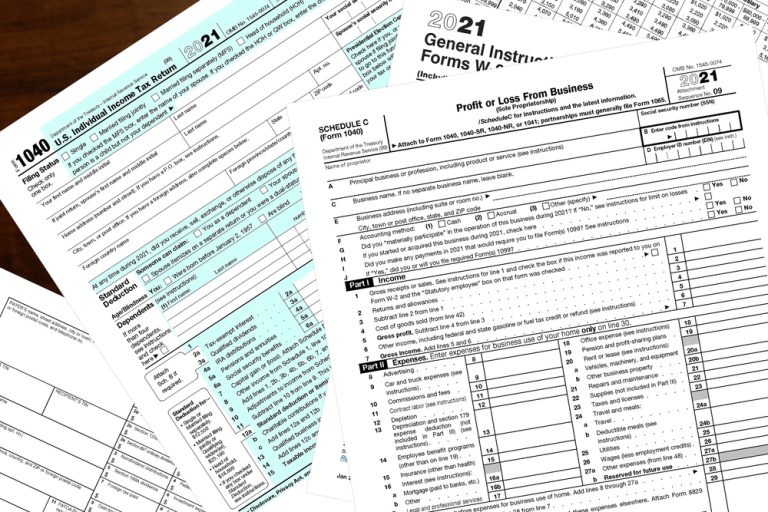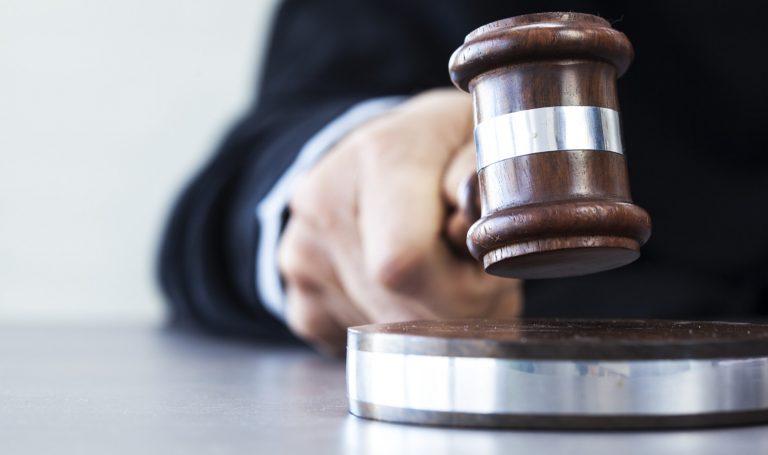Sixth District Court of Appeal Limits Officers’ Authority to Investigate DUI Offenses
Sixth District Court of Appeal Limits Officers’ Authority to Investigate DUI Offenses
On June 14, 2024, the Sixth DCA limited an officer’s authority to conduct DUI investigations that extend into other jurisdictions, and in doing so, has created a conflict with existing Florida law.[1] In State v. Repple, the State appealed the suppression of breath test results obtained outside the investigating officer’s jurisdiction. In affirming the suppression of evidence, the court reasoned that the officer, acting outside of his territorial jurisdiction, lacked the legal authority to seize the evidence, and therefore, it was properly suppressed.
The DUI investigation originated within the city limits of Maitland when a Maitland police officer stopped a vehicle for speeding. During the subsequent investigation, the officer developed probable cause to arrest the driver for DUI. Following the arrest, the officer transported the driver outside of Maitland city limits to a breath testing facility in Orange County, which was operated by the Orange County Sheriff’s Office. After being provided informed consent, the driver consented to the breath test and provided a sample over the legal limit. He was then charged with DUI.
Prior to trial, the Defendant moved to suppress the breath test results and argued the officer unlawfully asserted his official authority because he acted outside of his territorial jurisdiction to obtain evidence of a crime. After the trial court granted the Defendant’s motion to suppress and the State appealed, the appellate court conducted a detailed analysis of the basis for an officer’s authority, its limitations to territorial jurisdiction, and exceptions to those limitations. Some exceptions considered but rejected included fresh pursuit, which was inapplicable on the facts, and mutual aid, which was not considered because the State did not enter any evidence of an agreement. Relying on Florida’s constitutional requirements regarding the exercise of municipal jurisdiction outside of the municipality, the court found that the officer lacked the authority to obtain a breath test sample outside the city limits of Maitland. The evidence was therefore not properly seized, and therefore, the Sixth DCA affirmed the trial court’s suppression.
This decision created a conflict with an existing line of cases that held the opposite.[2] In State v. Torres, the Fifth DCA most recently held that a municipal officer who initiated a DUI investigation inside his municipality retained his official powers outside the municipality to request that a driver submit to a breath test. Repple rejected the court-created exception adopted by Torres and officially certified conflict between the two decisions. In its analysis, the Sixth DCA surmised that the continuing investigation exemption may have “inadvertently slid into Florida jurisprudence” despite a near 40-year-old case warning on the issue.[3] Regardless of how the continuing investigation exception originated or how many courts previously adopted it, the Torres court expressly rejected it, and affirmed the suppression of the breath test obtained by the Maitland officer outside of city limits. The Repple court reasoned “[a]ny other rule would undermine the right of the people to be secure in their persons, houses, papers and effects, and would obliterate one of the most fundamental distinctions between our form of government, where officers are under the law, and the police-state where they are the law.”[4]
Where does this leave us? The answer is simple, it depends on which District one is in. Officers policing in the First, Fourth, and Fifth Districts may continue to obtain breath tests out of their jurisdiction, but do so at the risk of having the evidence suppressed at the appellate level under Repple. Suppressing breath tests under Repple’s rationale in the trial court in these Districts would be contrary to established and binding precedent in those Districts and would trigger the State’s right to appeal. Under the prior panel rule, this outcome would generally require the First, Fourth, or Fifth Districts to apply their previous decisions upholding obtaining of breath tests outside an officer’s jurisdiction. However, an appeal could also be cause for a DCA to sit en banc and rehear the case before the entire court to revisit the issue and to either affirm their earlier interpretations, or reverse it and adopt Repple’s rationale. Officers policing in the Sixth District are bound by Repple, and should immediately discontinue obtaining breath samples outside of the officer’s territorial jurisdiction. For officer’s policing in Districts other than the First, Fourth, Fifth, or Sixth Districts, the outcome is unclear. Trial and appellate courts in these Districts are free to choses either rationale, and in doing so, will necessarily decide if breath tests obtained outside an officer’s territorial jurisdiction are admissible or not. Unless or until the Florida Supreme Court addresses this issue, most likely by granting jurisdiction to resolve the certified conflict between the Fifth and Sixth Districts, Florida courts will remain fractured on this important issue.
Law enforcement administrators and officers should ensure their training programs and operational procedures reflect this new development in the law with regard to obtaining breath test results outside of the officer’s jurisdiction. In the interim, law enforcement administrators should explore revisions to existing mutual aid agreements which would likely provide the officers the authority they need when seeking to collect breath test evidence outside of their jurisdiction.[5]
[1] State v. Repple, No. 6D23-1448, 49 Fla. L. Weekly D1296, 2024 WL 2983786 (Fla. 6th DCA June 14, 2024) (subject to revision or withdrawal until final).
[2] State v. Torres, 350 So. 3d 421 (Fla. 5th DCA 2022); Knight v. State, 154 So. 3d 1157 (Fla. 1st DCA 2014); Nunn v. State, 121 So. 3d 566 (Fla. 4th DCA 2013).
[3] Repple,at *7.
[4] Id.
[5] Repple,at *5.









